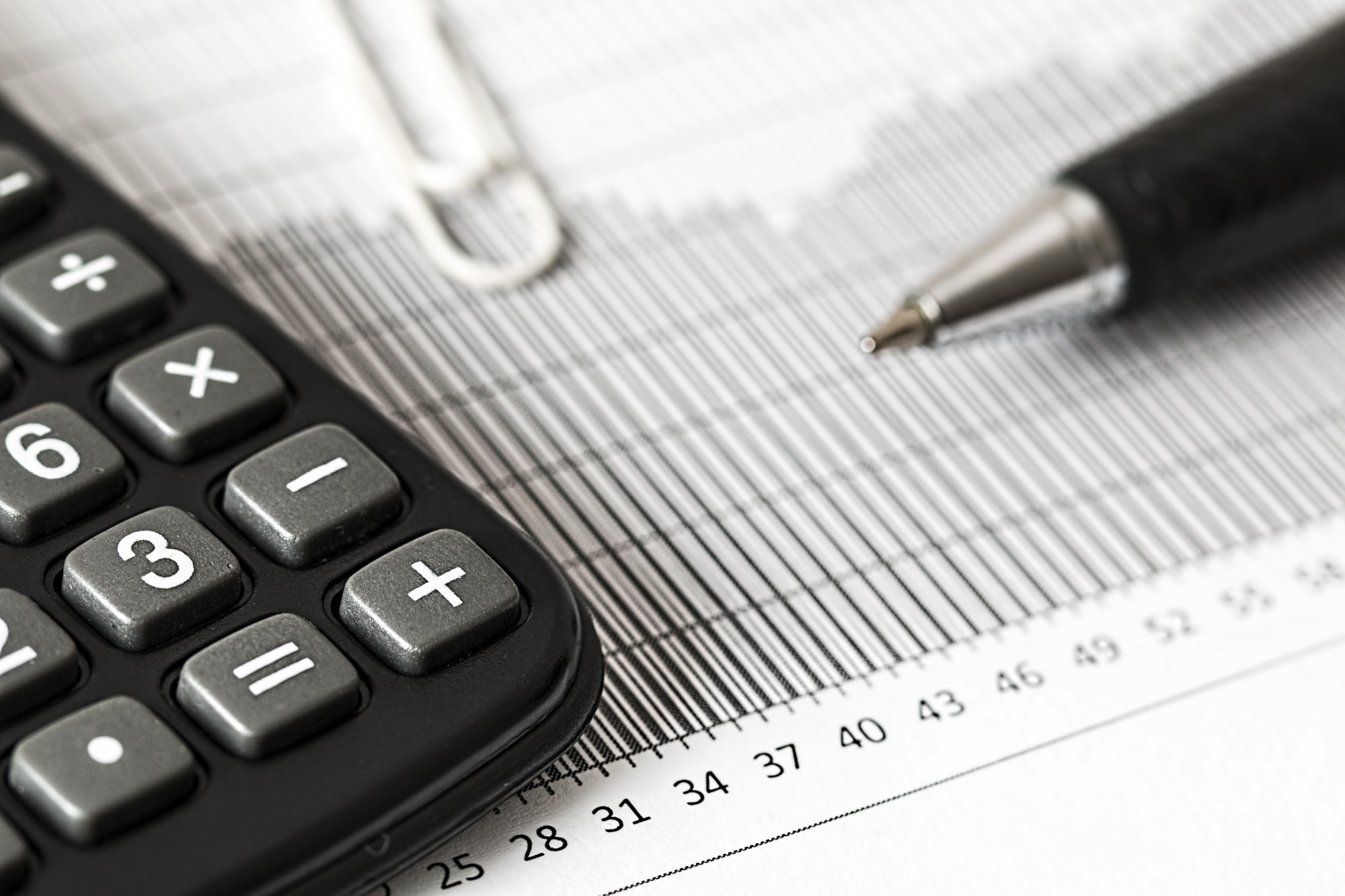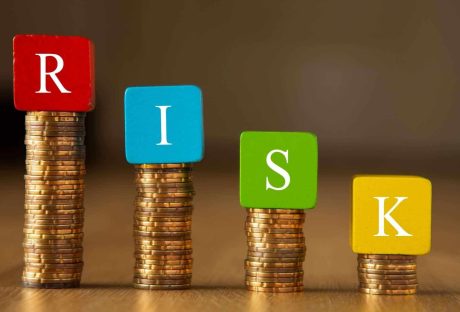Most people understand that bankruptcy can help you discharge the debt if you’re in a bad financial situation.
They also understand that bankruptcy can hurt your credit score. But can bankruptcy ruin your credit entirely?
The Importance of Talking With an Expert
First, if you’re considering filing for bankruptcy protection, make sure you talk to a bankruptcy lawyer. A bankruptcy lawyer will have the knowledge and expertise necessary to help you determine whether filing is appropriate for you and which type of bankruptcy you should pursue.
They’ll also help you understand the core process of filing for bankruptcy and setting your expectations for timelines, costs, and consequences. Lawyers are an indispensable resource here, so don’t neglect to hire one.
Different Types of Bankruptcy
You should also understand that there are different types of bankruptcy. Different types of bankruptcy manage debts in different fashions and have a different impact on your credit score.
For example, Chapter 7 bankruptcies tend to stay on your credit report longer than Chapter 13 bankruptcies, due to the fact that Chapter 13 bankruptcies frequently allow consumers to pay back a portion of their debts.
A chapter 13 case could benefit a person for numerous reasons. Typically, a person would file a chapter 13 case to save a house from a mortgage foreclosure action and a car from repossession, due to payment arrears.
A person may also file for chapter 13 protection to pay back only a portion of unsecured debt because they do not meet the chapter 7 criteria. Chapter 13 requires a person to make monthly trustee payments for 36 to 60 months. A chapter 13 case is completed after all monthly plan payments have been paid in full.
Chapter 7 bankruptcies allow an individual to eliminate all unsecured debt, such as credit card debt and personal loans. Therefore, a person who is only interested in eliminating unsecured debt would file a chapter 7 case, if one meets the criteria.
The chapter 7 case takes about four months to complete after the filing. No payments are required in a chapter 7 case.
The Impact of Bankruptcy on Your Credit
A chapter 13 bankruptcy filing stays on a credit report for 7 years from the date of the filing. A chapter 7 bankruptcy case, stays on a credit report for 10 years from the bankruptcy case filing date.
Typically, filing for bankruptcy has a negative impact on a credit score, although the filing may increase a person’s credit score, based on their financial circumstances.
The most important criteria impacting the credit score are as follows:
- The shorter the credit history the less advantageous it;
- Missing payments reflect a derogatory mark;
- The amount of one’s revolving credit limit compared to the amount of the debt incurred.
The optimum debt to credit limit ratio is a debt balance of 30% of someone’s credit limit. The additional debt incurred over 30%, the more the credit score is negatively affected. For example, a person that used $3k of their total $10k credit limit has used 30% of their total credit limit. However, if the same person charges a total of $6k of the $10k credit limit, the ratio is increased to 60%, which reduces the credit score.
A person’s credit report lists their creditors and other facts regarding each creditor. This includes the status of payments; type of loan; length of the loan, and the loan balance. Typically, a credit report also reflects a bankruptcy filing, foreclosure action, repossessions, charge-offs, and debt settlements. The credit report also reflects a total score, indicating the general state of a person’s credit.
A prospective lender must analyze a person’s financial circumstances to determine: if they will issue the loan; what type of loan will be issued; the loan amount; the loan interest rate; and, the length of the loan.
Based on each creditor’s internal lending requirements, the determination of extending credit is based on a balancing act between the loan applicant’s credit report, income, expenses, the debt amount, debt payments, assets, and other information.
Typically, a person considering filing for bankruptcy protection is experiencing difficulty paying their monthly credit card payments and/or mortgage or auto finance payments. Consequently, such a person usually has a low credit score. The lower the credit score at the time of the bankruptcy filing, the less the impact the bankruptcy filing has on a credit score. Conversely, a bankruptcy filing will have a substantial impact on a person with a high credit score.
In general, a high credit score does not always guarantee that a person will obtain the loan they want with the best terms. A prospective debtor with an excellent credit score and substantial monthly credit card payments may experience difficulties, without filing for bankruptcy. What if a person with an excellent credit score has a very low income?
Let’s assume that a person with a high credit score, with substantial monthly debt payments, eliminates all credit card debt, in addition to other types of debt in a chapter 7 case. Initially, the person’s credit score will sustain a substantial hit, resulting in difficulty obtaining any loan.
However, within a reasonable time period, together with the proper credit repair, the person’s credit score will substantially increase. In the future, the person will apply for credit without their enormous monthly debt payment load.
Now, let’s assume that a person with a low credit score and substantial monthly debt payments eliminates all credit card debt, in addition to other types of debt in a chapter 7 case. Initially, the person’s credit score may sustain a minimal hit.
However, most likely this same person was experiencing great difficulty obtaining credit prior to the filing. If this person implements the proper credit restoration process, the person’s credit score will substantially increase, as well. Ultimately, within a short period, the bankruptcy filing will likely increase this person’s ability to obtain credit
Typically a bankruptcy mark on a credit report has a negative impact on prospective creditors to review. Generally, within one year after the completion of a chapter 7 case, the debtor (the person that filed) will experience great difficulty obtaining a loan.
Although obtaining a loan depends on the totality of the person’s financial circumstances, the rule of thumb for receiving automobile financing with a reasonable to low-interest rate is about one year after the completion of a chapter 7 case. The rule of thumb regarding the receipt of a reasonable to low mortgage rate is about two years after the completion of chapter 7.
Based on a debtor’s financial circumstances, she may be able to obtain automobile financing and/or a mortgage during the chapter 13 case. Otherwise, the same rule of thumb applies to a chapter 13 debtor as a chapter 7 debtor regarding obtaining a reasonable and low-interest rate after the case is complete.
Read Also:






















